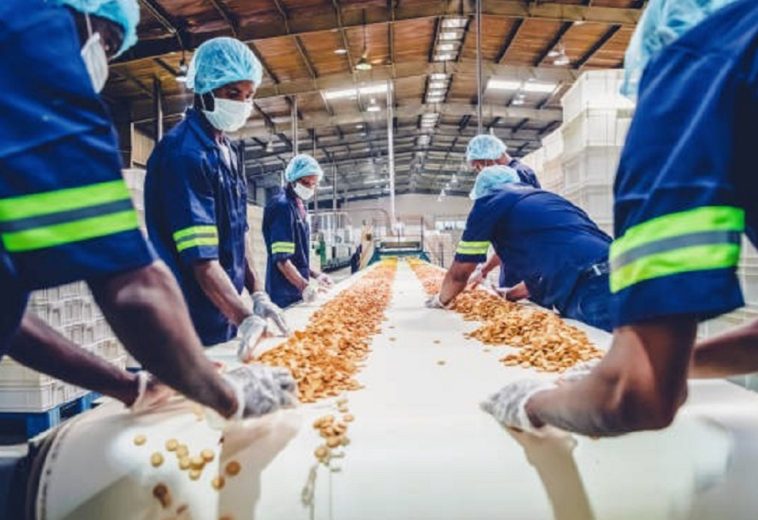African think tanks are pivotal in regional policy formulation, offering insightful analysis and strategic recommendations that are crucial for the continent’s development. These organisations play an instrumental role in addressing regional challenges, influencing governance, and fostering collaborative solutions. Their contributions are essential in tackling the socio-economic and political issues that Africa faces.
Think tanks, policy research institutes, and advocacy groups are driven by the need for localized knowledge and context-specific solutions. They leverage indigenous knowledge, cultural insights, and regional expertise to address key issues affecting the continent. Prominent examples include the South African Institute of International Affairs (SAIIA), the Institute for Security Studies (ISS), and the African Centre for Technology Studies (ACTS), all of which have gained recognition over the years for their role in regional policy analysis and formulation.
The importance of think tanks cannot be overstated. They conduct in-depth research on pressing issues that affect the continent, providing analysis that informs policy formulation. These institutions are also pivotal in advocating for policy reforms and raising awareness of critical issues. They help shape public opinion and mobilise support for policy changes.
Moreover, think tanks are influential in building the capacity of local institutions and individuals. They initiate training programmes and workshops that enhance the skills of policymakers, researchers, and civil society organisations. This capacity building strengthens governance and policy implementation at both national and regional levels. Their expertise contributes to crafting policies that are both innovative and feasible.
Over the years, African think tanks have significantly influenced regional policy formulation, shaping the agendas and strategies of bodies and organisations to ensure that regional policies address the continent’s most pressing issues. Regional bodies such as the African Union (AU), the Economic Community of West African States (ECOWAS), and the Southern African Development Community (SADC) rely on research findings and analysis from think tanks to improve policy formulation and implementation.
African think tanks are also crucial in advancing regional integration efforts. They analyse and recommend pathways to benefit regional economic communities, helping to foster collaboration among member states. Cross-border issues such as climate change, security threats, and health crises, which transcend national borders, are better addressed through the research and policy recommendations provided by think tanks.
Furthermore, African think tanks have been influential in promoting and advocating for transparency, accountability, and good governance. They monitor the formulation and implementation of policies and hold governments accountable, contributing to the enhancement of democratic processes and the improvement of governance structures across the continent.
READ ALSO: From Policy to Practice: Africa’s Affirmative Action Milestones
The journey of African think tanks has not been without challenges. Limited funding often hampers their ability to conduct comprehensive research and outreach activities. In some countries, think tanks face resistance from political and institutional actors who may be wary of their findings or recommendations. Additionally, there is a need for greater capacity building within think tanks themselves, as they must continuously update their skills to keep pace with evolving issues and methodologies.
Despite these challenges, African think tanks play a crucial role in harnessing local knowledge, fostering collaboration, and advocating for evidence-based policies to shape Africa’s future. It is vital to integrate think tanks into the continent’s development plans to craft policies that address both immediate concerns and long-term goals. As Africa continues to evolve and adapt, the role of think tanks in shaping its future will remain both critical and transformative.




